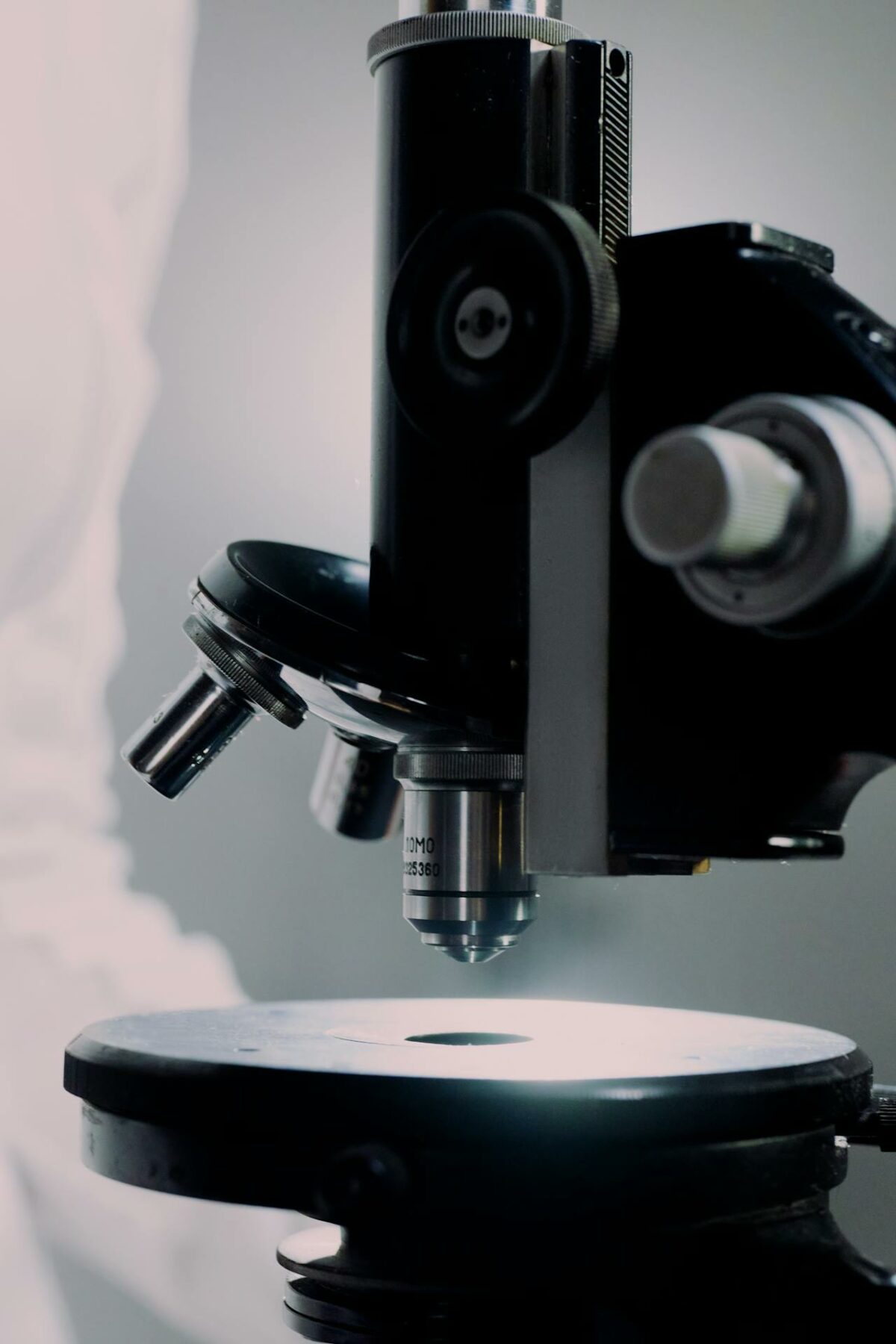If you've heard about the benefits of stem cell therapy care, you might be eager to receive treatment for your condition as soon as possible. But before making any decision, there are some crucial facts you should know about stem cell treatment.
Keep reading while we discuss six things you need to know about stem cell therapy, from what stem cell therapy is to its potential benefits and clinical applications.

What is Stem Cell treatment?
Stem cell therapy care is a therapeutic approach that introduces stem cells into the body to treat disease. Stem cells differentiate into various cells in the body, helping to repair and restore damaged tissues.
Unlike traditional treatments that only manage symptoms, stem cell treatment can treat the underlying cause of a disease.
Types of Stem Cells Used in Treatment
Mesenchymal stromal cells (MSCs)
Mesenchymal stromal cells (MSCs) are multipotent stem cells capable of differentiating into various cells in the human body, such as bone, muscle, nerve, and cartilage cells.
MSCs can be ethically obtained from various sources, including bone marrow, fat tissue, gum tissue, and the placenta and umbilical cord of a newborn. Clinics like Swiss Medica use MSCs for stem cell therapy because they are ethical and pose a much lower risk of side effects like immune rejection.
MSCs can be obtained from the patient (autologous stem cells) or from a donor.
Embryonic stem cells
Embryonic stem cells can also be used in stem cell treatment. However, this type of stem cell treatment is considered unethical because obtaining embryonic stem cells requires the destruction of a human embryo.
Embryonic stem cells are also associated with a risk of tumor formation. For these reasons, many clinics, including Swiss Medica, do not use embryonic stem cells.
How is Stem Cell Treatment Administered?
Before receiving stem cell treatment, patients must undergo a pretreatment evaluation where doctors can rule out contraindications, determine which stem cell sources to use and provide a cost of stem cell treatment to the patient.
Stem cells can be administered through a variety of delivery methods, such as:
- Intravenous (IV) infusion
- Skin applications
- Drops
- Nasal inhalation

Photo by Hiroshi Tsubono on Unsplash
The appropriate delivery method depends on the patient, their condition and the desired treatment outcomes. Administering stem cells is fast and painless, and comes with few associated side effects.
Potential Benefits and Applications
Stem cell therapy can treat a range of diseases, including:
- COPD
- Autism
- Cerebral palsy
- Post-stroke condition
- Dementia
- Liver cirrhosis
Stem cells are effective at treating disease because they can reach damaged tissues in the body and promote the growth of new healthy cells. Stem cells also release cytokines and growth factors that restore damaged tissue and exert powerful immunomodulatory and anti-inflammatory effects.
Treatment outcomes depend on factors such as disease progression and the age, health and lifestyle of the patient. However, in many cases stem cell treatment can:
- Reduce symptoms
- Improve quality of life
- Slow or stop the progression of a disease
Risks and Ethical Considerations
Embryonic stem cell therapy
Stem cell treatment using embryonic stem cells comes with a risk of tumor formation. Embryonic stem cells may also trigger an immune response in patients. Many people also consider embryonic stem cell therapy unethical.
MSC therapy
Unlike embryonic stem cell therapy, MSC therapy is completely ethical, since MSCs are sourced from consenting adults.
Stem cell treatment using MSCs is also very safe. Sometimes treatment interacts negatively with current medication, but clinics can prevent this through pretreatment evaluation.
What to Consider Before Pursuing Stem Cell Treatment?
Before deciding on stem cell treatment, consult with a doctor to identify any pre-existing conditions that would make you unsuitable for treatment.
Stem cells are most effective at treating diseases in their early stage. If your condition has progressed to its final stage, stem cell treatment may be less effective.
Make sure to consider the cost of stem cell treatment. If treatment is out of your budget, traveling to a country with a lower cost of living can help you find high-quality treatment at an affordable price. For example, Swiss Medica in Serbia offers stem cell treatment ranging from €7,000 to €25,000.

Photo by Markus Kammermann on Unsplash
In conclusion
Embryonic stem cells come with some risks, such as tumor formation. Sourcing these stem cells also poses ethical concerns. Therefore, clinics like Swiss Medica use mesenchymal stem cells (MSCs), which are safe and effective, and can be ethically obtained from stem cell sources.
Stem cell treatment can reduce symptoms and improve the quality of life for many patients, but it isn’t a miracle cure. Before deciding on treatment, schedule a consultation with a stem cell clinic to identify contraindications. If you’re on a tight budget, look for cost-effective options that make this treatment viable.





Leave a Reply